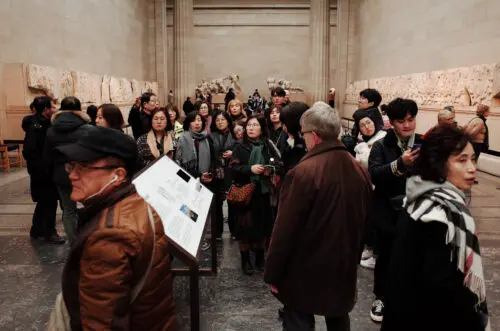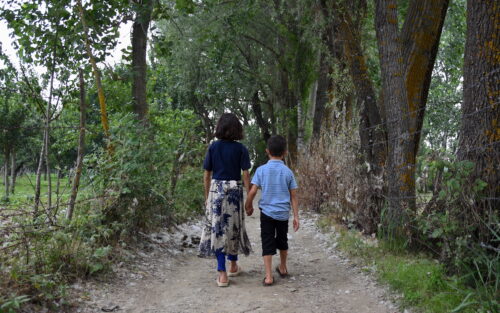Why We Yearn for the Simple Life

In the wake of the winter holidays, many of us feel the guilt that comes from splurging on both food and material trappings—so much overindulgence, so much stuff! As we ring in the new year, many will make pledges to get healthier, be better to the planet, and clean out our homes to create a new, stripped-down, freer way of life.
For some, acting on this intent is already an everyday occurrence. The voluntary simplicity movement has by some estimates close to 60 million adherents in the United States alone, all trying to reduce their work hours, buy less, and be more mindful about how they live. People are growing their own food in urban minifarms, abandoning their cars for bikes, moving into “tiny houses,” and decluttering their lives. In an international survey of about 2,000 people by the Simplicity Institute, an online research and educational center, a striking 87 percent of those who shifted to a simpler lifestyle reported being happier as a result.
Yet the simple life is not as simple as it first seems. It has a rich history and roots, stretching back through the original founders of the U.S. to ancient Indian traditions, including Buddhism. Its current manifestation in the West can be seen as the natural, evolutionary result of people attempting to showcase desirable characteristics in the dating marketplace, as consumerism in disguise, or as a misplaced nostalgic desire to return to a “simpler” time that never really existed. Fortunately, if we can shift our mindset to be in line with the core intent of the simplicity movement—even if we can’t bring ourselves to ditch our cars or give away our stuff—we can still reap the benefits of a simpler life.

































